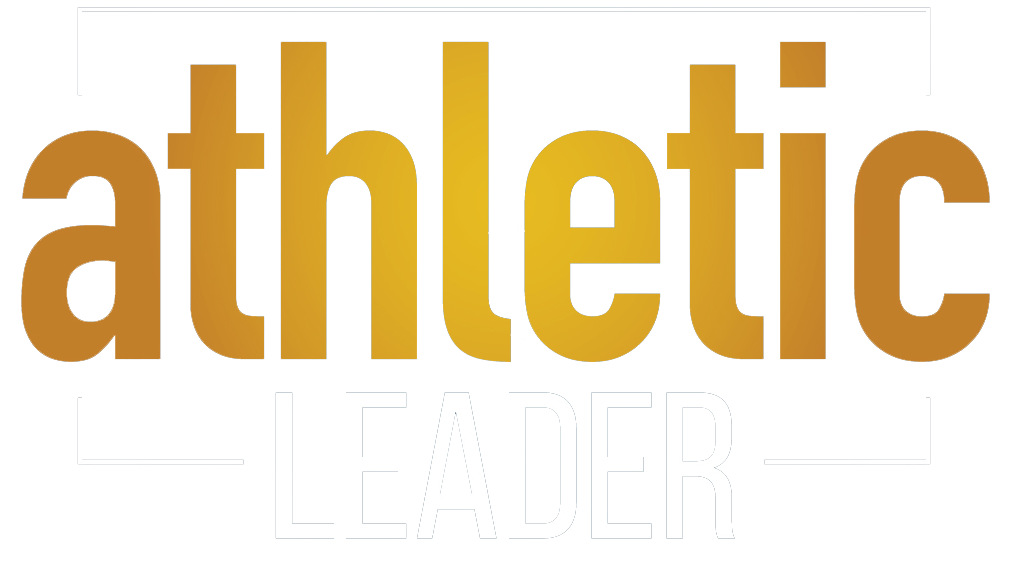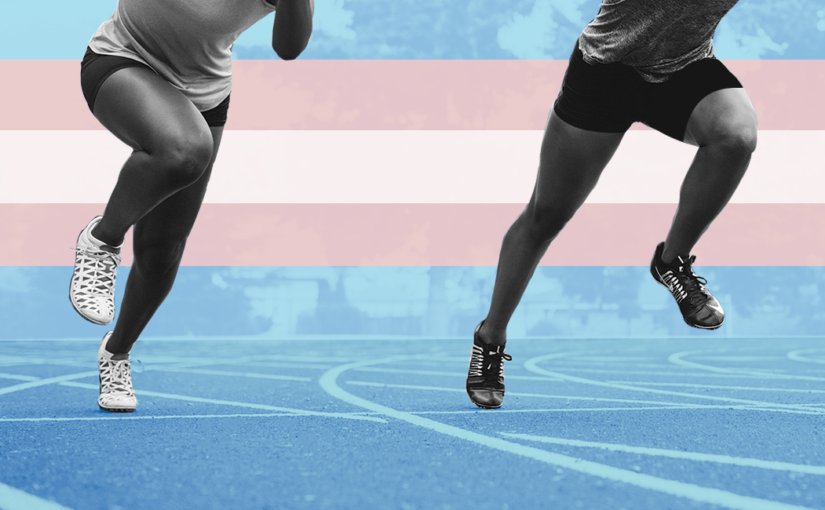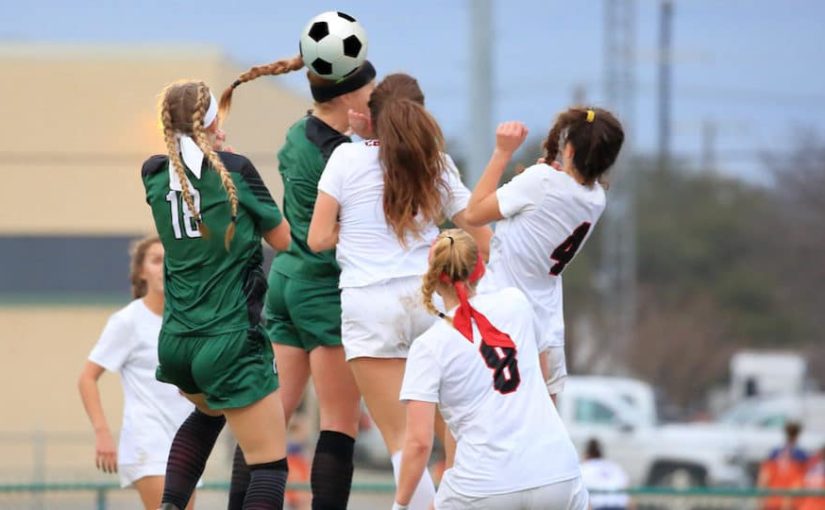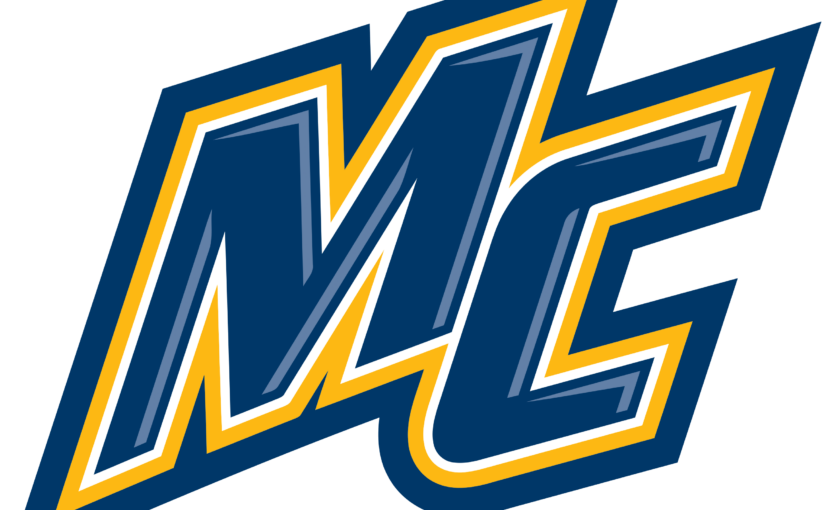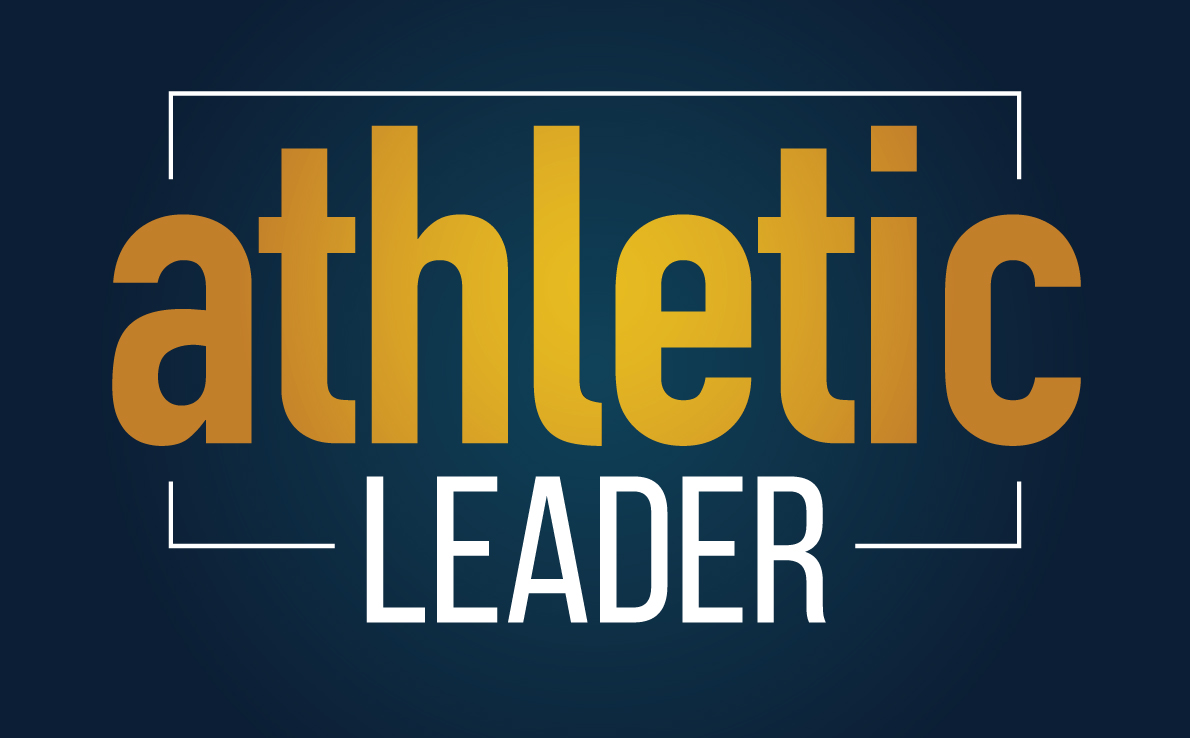NCAA issues first NIL sanctions to Miami women’s basketball
The Hurricanes are facing a year of probation and other minor penalties for its involvement in urging a meeting between a wealthy alum, John Ruiz, and two players, Haley and Hanna Cavinder, who transferred to the program last summer.
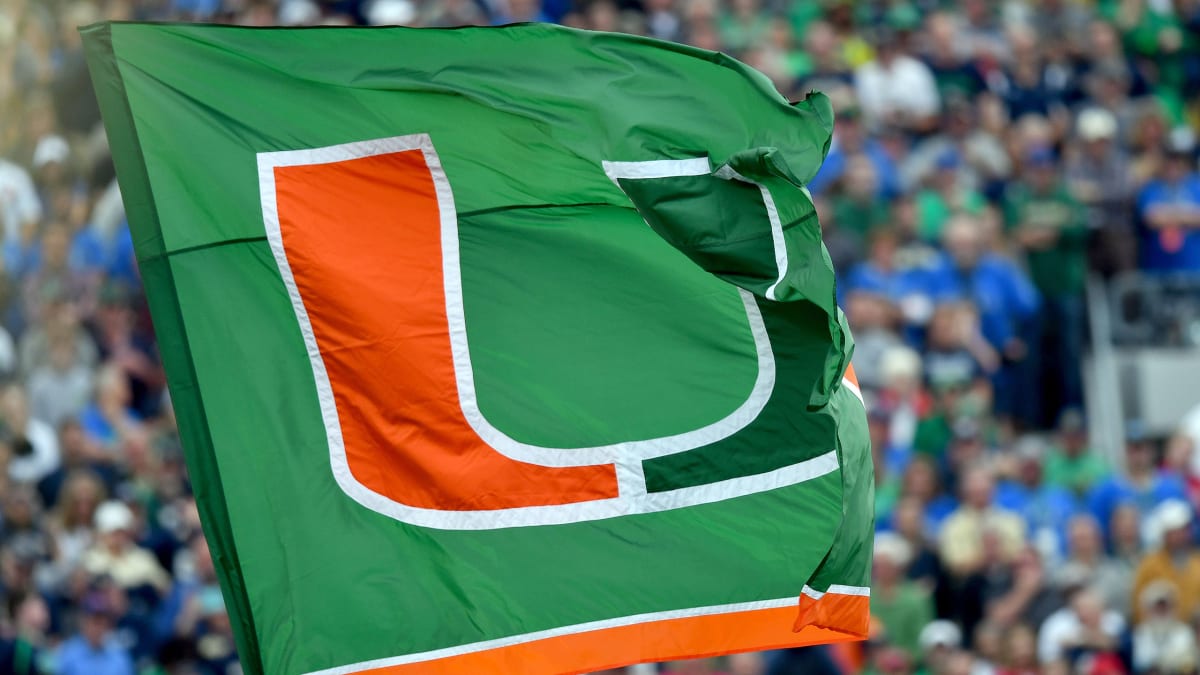 A recent story from ESPN.com detailed how Miami is facing NCAA infractions for the women’s basketball program.
A recent story from ESPN.com detailed how Miami is facing NCAA infractions for the women’s basketball program.
Below is an excerpt from the ESPN.com story.
Ruiz has signed more than 100 Hurricanes athletes to NIL deals to promote his company LifeWallet, some of them reportedly worth hundreds of thousands of dollars. His conversations and deals with athletes who have transferred to Miami in a number of sports have come under NCAA scrutiny in the past year. Ruiz, who was not sanctioned or disassociated from the school as a result of this case, told ESPN that the NCAA has no right to stop him from contacting any parties with whom he wants to sign a contract for his business.
“It has little to no substance and no effect on me at all,” Ruiz said of the sanctions announced Friday. “It’s mostly focused on the coach, and that’s unfortunate. But it doesn’t affect me or my business. If it did, I’d be suing the NCAA and it wouldn’t be a good day for them.”
Miami coach Katie Meier previously served a school-imposed three-game suspension at the start of the Hurricanes’ season as a punishment related to this case. The NCAA said Meier exchanged text messages with Ruiz saying that she would make sure the Cavinder twins knew who he was after he tried to arrange a meeting with them before their official visit to campus last summer.
“For over 30 years, I have led my programs with integrity and have been a collaborative partner with the NCAA,” Meier said in a statement released Friday. “Collegiate athletics is in transformation, and any inadvertent mistake I made was prior to a full understanding of implemented guardrails and the clarification issued by the NCAA in May. We all look forward to a time when there is a national solution to help our student-athletes, coaches and institutions.”
The fact that Ruiz was not punished as part of the negotiated settlement between the NCAA and the University of Miami “troubled” the panel assembled to approve the sanctions.
“Boosters are involved with prospects and student-athletes in ways the NCAA membership has never seen or encountered,” the members of the panel said in a statement released by the NCAA on Friday. “… In that way, addressing impermissible booster conduct is critical, and the disassociation penalty presents an effective penalty available to the Committee on Infractions.”
The Cavinders, who have more than 3 million followers on social media, have been among the most prominent college athletes cashing in on their online fame with the ability to sign endorsement deals since the NCAA changed its rules in July 2021. According to Ruiz, he hosted the twins and their parents for a dinner at his house after the former Fresno State basketball players had decided to attend Miami.
Since 2021, a growing number of college sports administrators and coaches have voiced complaints that the NCAA has failed to enforce a limited set of rules governing the use of a college athlete’s name, image and likeness. It is a violation of the rules to use NIL opportunities as a recruiting inducement to persuade an athlete to attend a particular school.
To read the full story from ESPN.com, click here.
